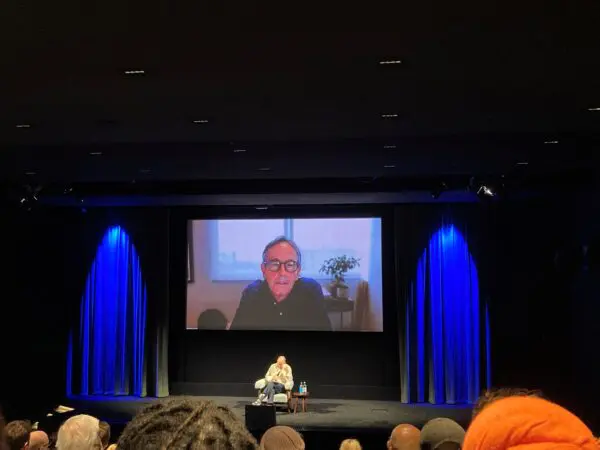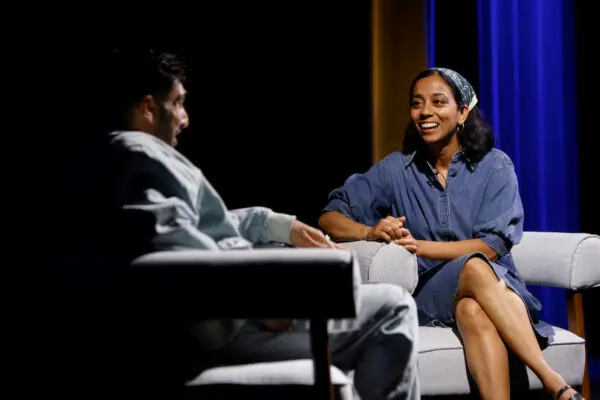Helgeland also outlined his pragmatic approach to filmmaking during his lecture. Highlighting that a film must be ‘commercial’ but it needn’t be populist: ‘all it has to do is make more money than it cost to make. So if your movie cost $10 to make and it makes $20, it’s commercial.’ Likewise, ‘creativity’ should be confined to the part before the scriptwriting starts: once the ideas and themes are there, the construction of the script should be workmanlike.
Loneliness and writers’ block are also inevitable, he said. ‘If you’re unwilling to go through the pain of [writers’ block] you will not get the reward on the other side,’ he claimed. ‘Writer’s block is not an obstacle to writing – it is writing.’ But the huge amount of time a script takes pays off: ‘if you spend two thousand hours doing something there is a satisfaction in that. It’s an accomplishment.’
Resilience is key too – even after the script’s finished. ‘Screenwriters have to fight,’ – and that means defending their work and their ability. ‘Executives should dread that you’re coming in, because you should make them feel stupid… and you get away with this by being good at what you do.’ But this adversarial stance shouldn’t extend to the writer-director relationship: ‘I’ve had a lot of luck with… four different directors I’ve worked with more than once, and you need them and they need you. You’re kind of lost without each other.’










